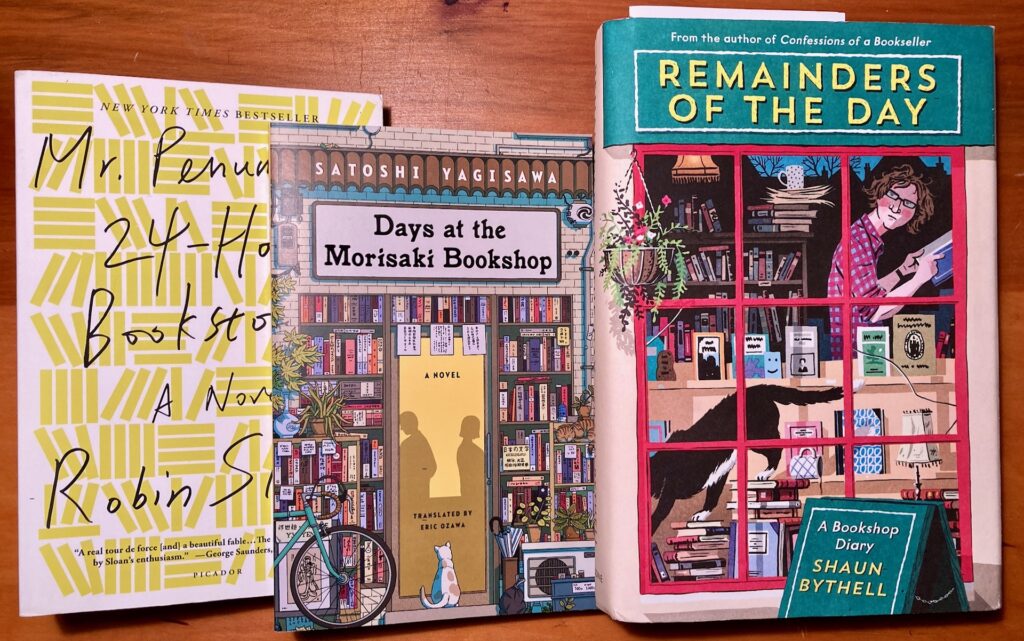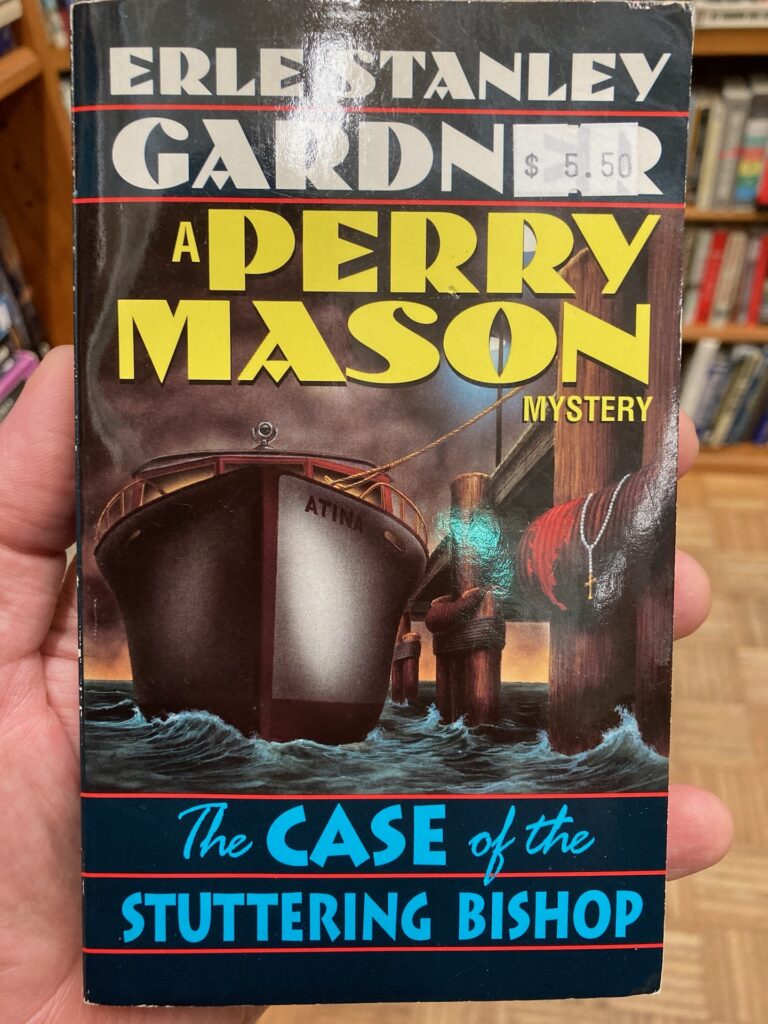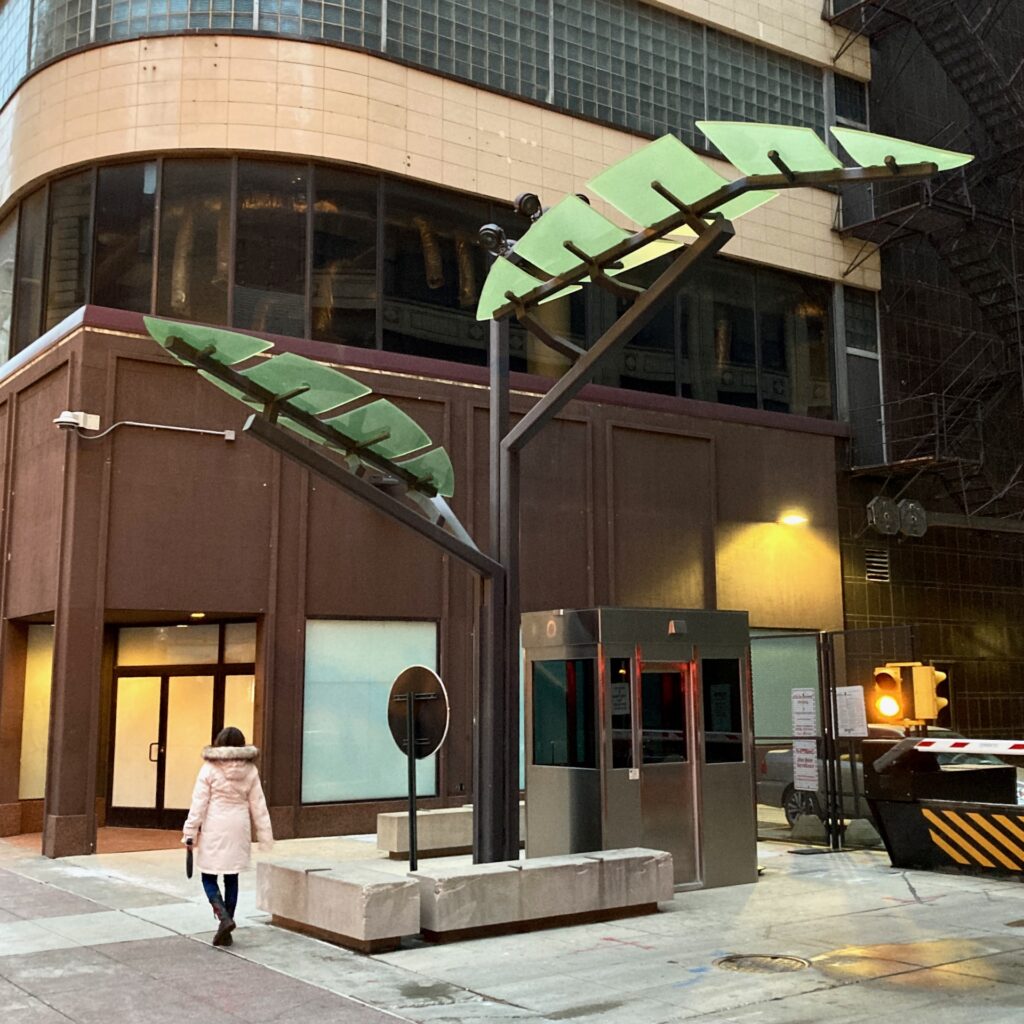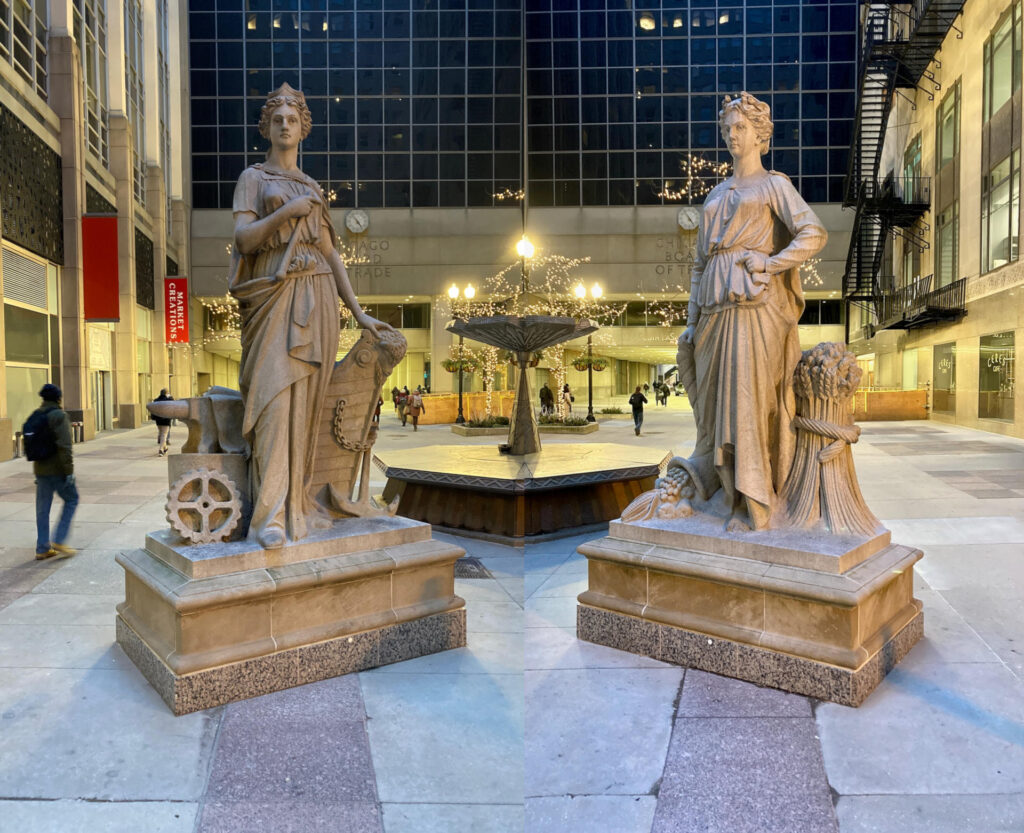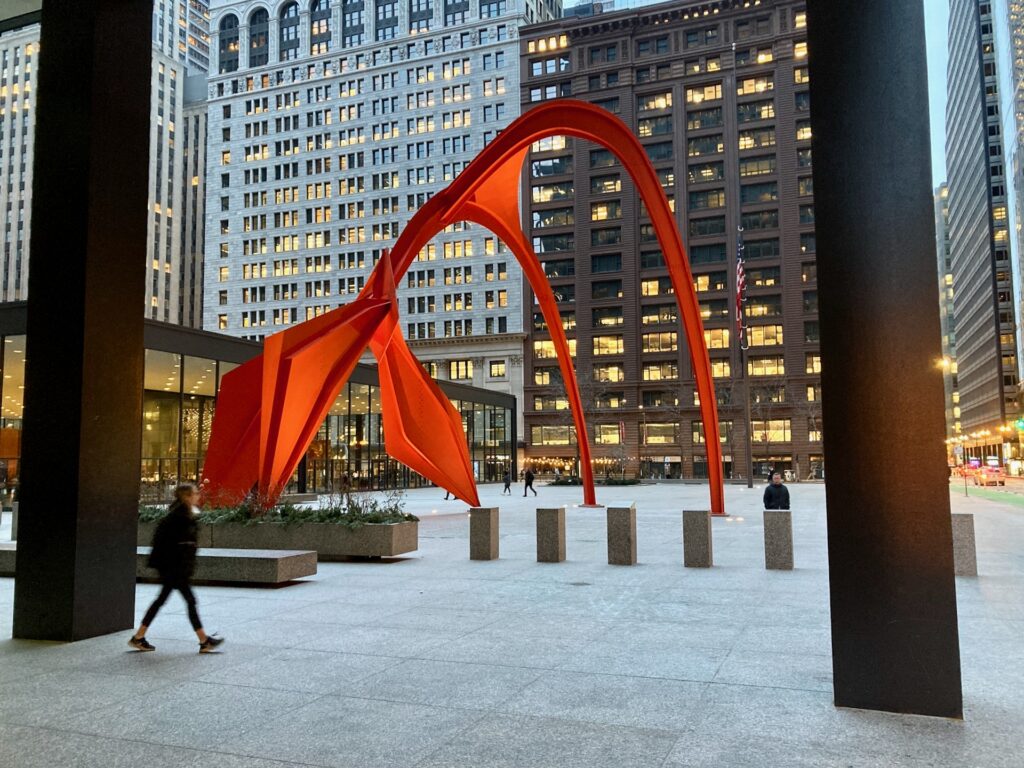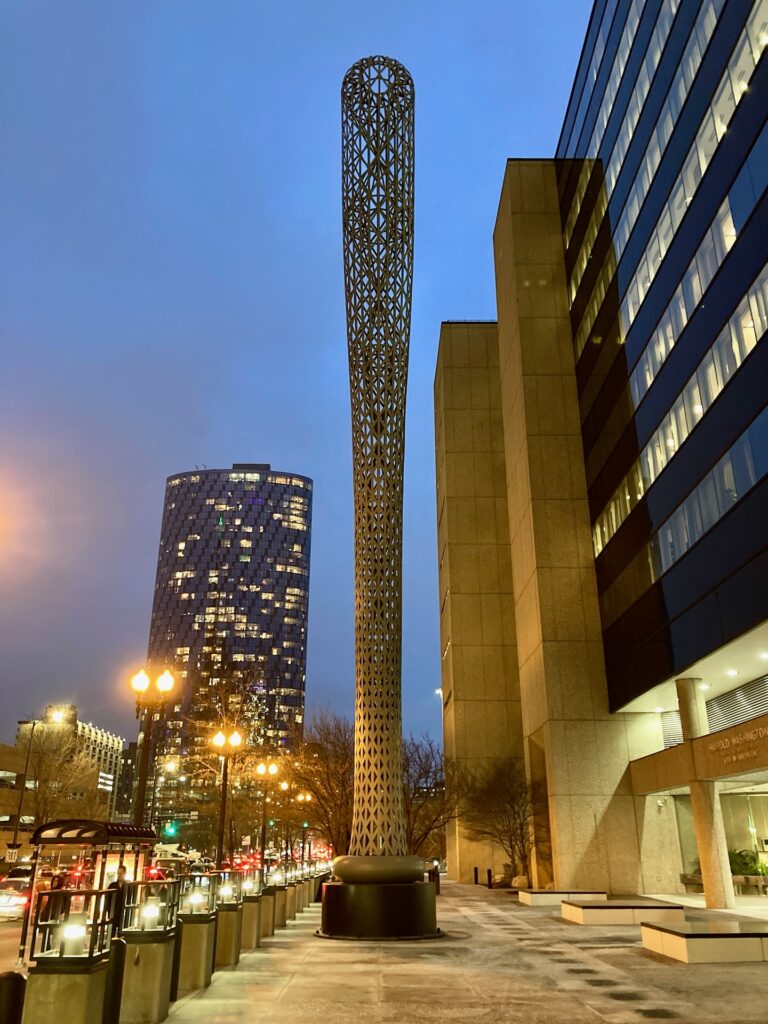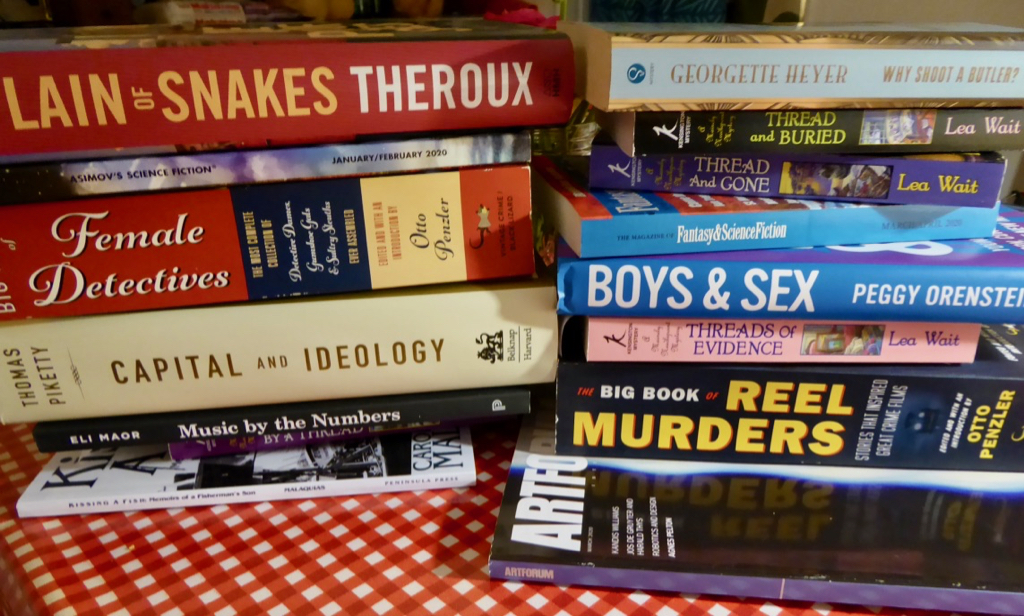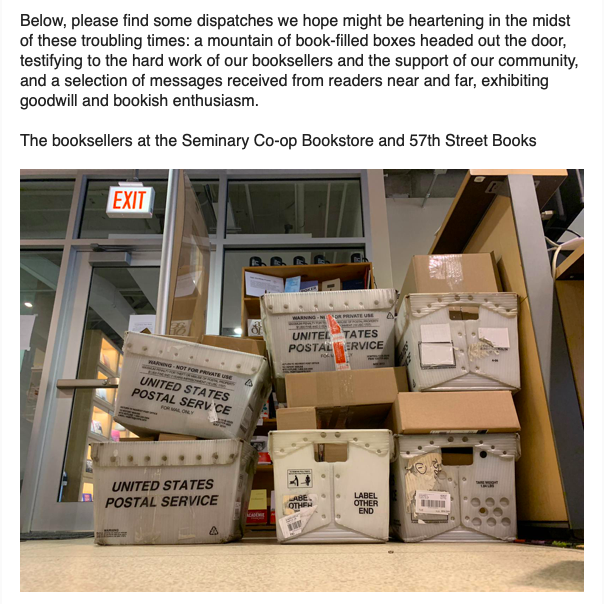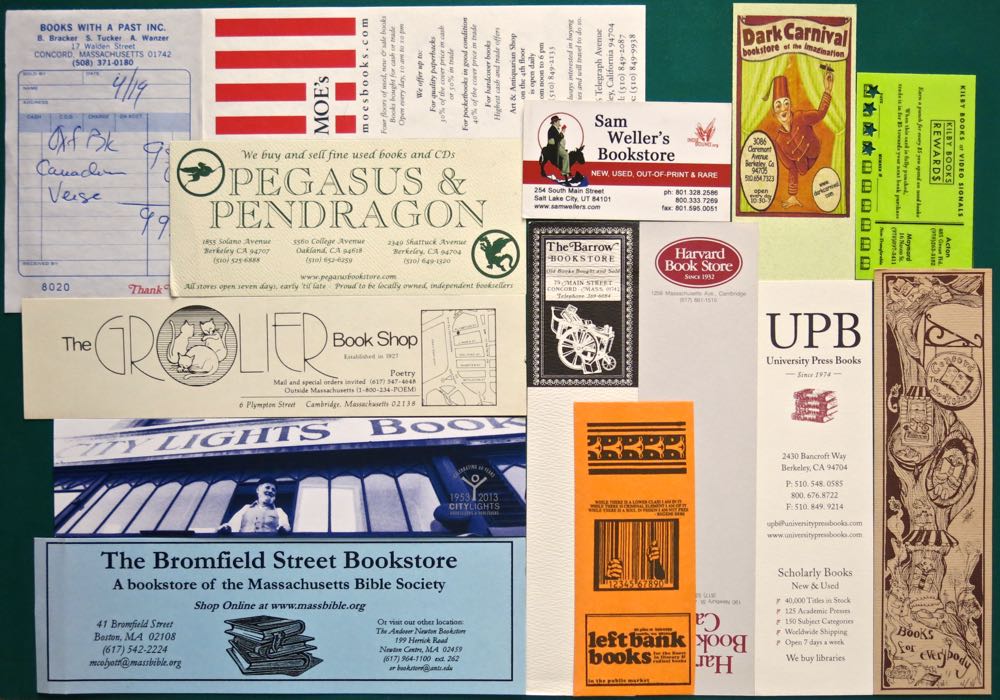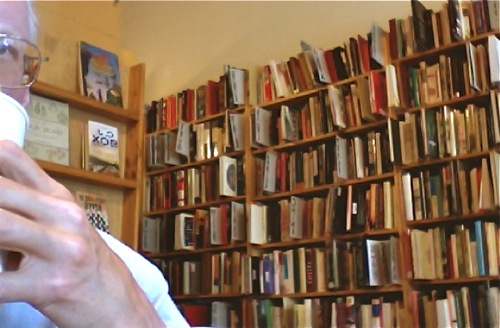Last week, Carol and I spent four days at a retreat center in Deerfield, Mass. We managed to visit four bookstores in those four days. Here are some notes about each bookstore:
World Eye Bookshop is quite small. As is often the case these days, about half the store is taken up with gifts, toys, art supplies, etc. But although the book selection is small, it’s well chosen. A number of interesting books on local history (I almost bought a book on the history of the Mass Central Railroad). If you’re in downtown Greenfield, it’s worth stopping in.
I was sad when Raven Used Books closed their Cambridge location, so I made Carol drive down to Northampton because I wanted to stop in at the store’s original location. Not what you’d call an expansive store, but they pack an enormous amount of books into their relatively small space. Fewer scholarly books than I remembered, but used scholarly books are hard to sell these days so the fact that they had any at all made it worth the thirty-minute drive.
Federal Street Books in Greenfield is an absolute delight. They have a good selection of both new and used books. Not many scholarly books, which is my always my main interest. But the selection of fantasy and science fiction books was especially good, and there were lots of quirky fun books, like the children’s book titled “Goodnight Krampus.” I like the fact that they require masks in the store — lately I’ve been forgetting to put on my mask when I go in stores, and I liked being reminded. This bookstore is worth a special trip.
The real find, though, was Roundabout Books in Greenfield. They’ve just re-opened in a new location. They’re still bringing in books, so the shelves looked a little bare when I walked in. But once I started looking around, I realized that there are actually a huge number of books; they’re just lost in the huge space. I was happy to find both new and used scholarly books mixed in among the more mainstream books. I found an excellent selection in most of the subject areas in which I tend to buy books, including religion, poetry, science fiction and fantasy, and nature and the environment.
Just to give you an idea of the range of the titles they stock, I bought a complete translation of the Ramayan; a trashy science fiction novel; three books of poetry, American, contemporary Chinese, and contemporary Greek; a field guide to the grasses of New England; and I Cannot Write My Life: Islam, Arabic, and Slavery in Omar Ibn Said’s America by Mbaye Lo and Carl W. Ernst.
Roundabout is so good, it’s worth a long drive to visit.
In our four day trip, I bought a dozen books. The only reason I purchased any of these books is when I leafed through them I realized they were exactly what I needed to read right now. It’s still important to be able to pore through dozens of books, brought into the store by someone who knows books, so you can find books that you didn’t know you wanted, though once you see them you know you need them. (The same principle holds true for libraries, by the way.) This is why Amazon can never replace real bookstores. And that’s why we need to buy our books at real bookstores; even if it costs a little more than Amazon, we need to make sure the real bookstores stay in business.
(And before you ask: No, we did not visit the Montague Bookmill. We’ve been there; you should go if you haven’t been before; but it isn’t a perfect match for us. This, by the way, is why we need a wide variety of bookstores: everyone should have access to a bookstore that’s a perfect match for them.)

